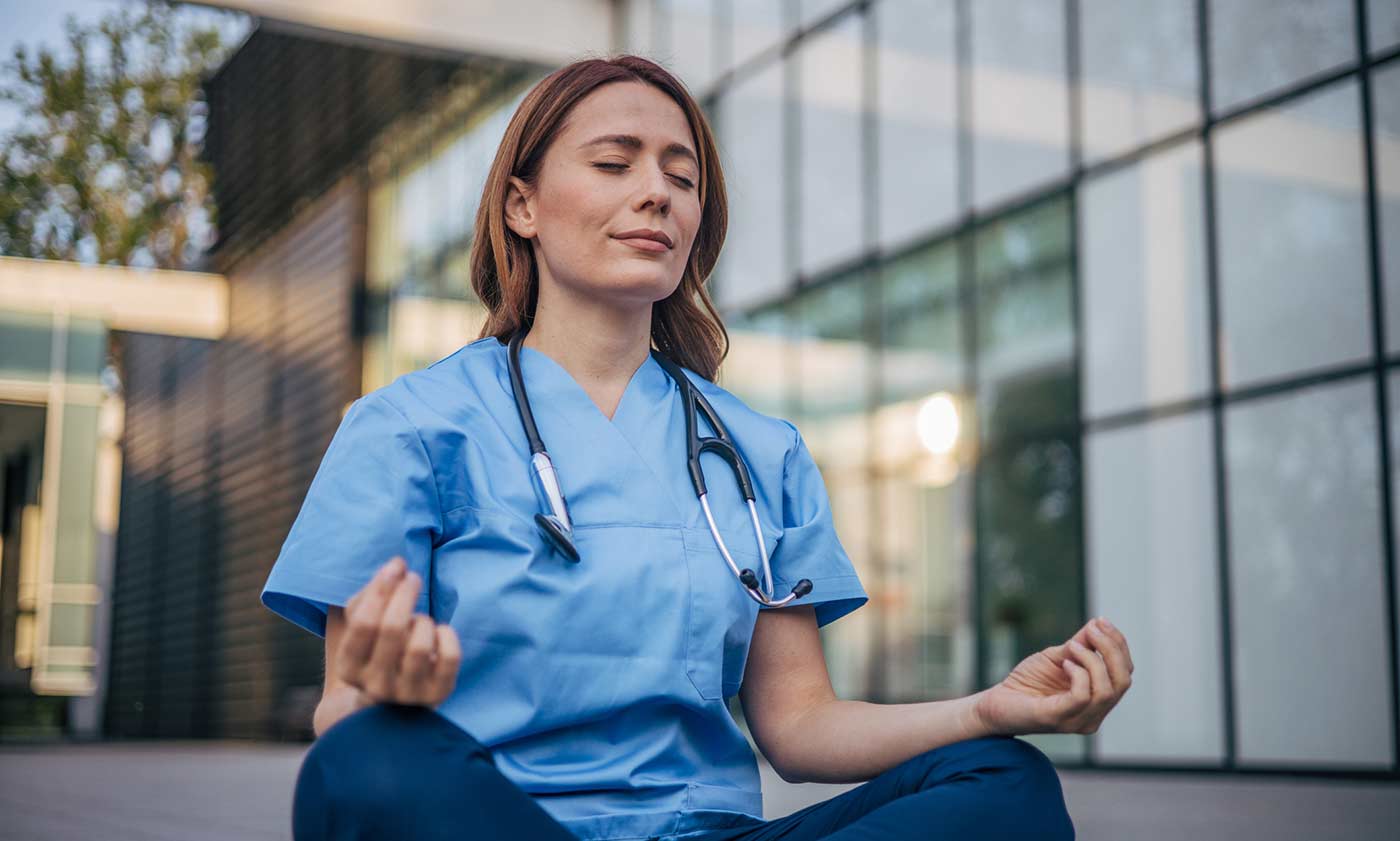The fluorescent lights buzz overhead as you finish your third critical case of the shift. Your shoulders are tight, your mind is racing, and you still have eight hours to go. Sound familiar? For emergency medicine physicians, this isn’t just another day at work—it’s a lifestyle that demands intentional counterbalance.
Self-care is key to helping EM physicians maintain their passion and performance through the years. Here are some proven self-care activities to consider:
Movement as Medicine
The physical demands of ED work are unique. Sure, we’re on our feet for twelve hours, but it’s the tension patterns—the way we hunch over patients, crane our necks during procedures, and hold our breath during critical moments—that really take their toll. That’s why intentional movement becomes crucial.
Many ED physicians find success with targeted mobility work. This isn’t about crushing CrossFit workouts (though if that’s your thing, great). Spend 20 minutes before bed doing thoracic spine releases (here are several to try out.) Practice neck decompression between cases. Schedule regular deep tissue work with someone who understands medical professionals’ movement patterns.
The Mental Game
Emergency medicine requires a unique kind of mental resilience. We’re making high-stakes decisions rapidly, often with limited information. This cognitive load doesn’t just disappear when we clock out. That’s why developing robust mental recovery practices becomes essential.
Consider the power of transition rituals. Some physicians find that just fifteen minutes in the car after each shift helps. No phone, no music—just breathing and conscious unwinding. Others find success with structured processing tools. Weekly journaling sessions help track emotional patterns and identify cases that might need additional processing. Regular sessions with therapists who understand medical trauma provide crucial support. Some departments have even started implementing group reflection sessions after particularly challenging shifts. Here are some additional ideas to help you unwind after your shift.
Relationship Cultivation
Here’s a truth we don’t discuss enough: emergency medicine can be isolating. The odd hours, the intensity of our experiences, the difficulty in explaining our work to others—it all adds up. That’s why intentional relationship building becomes crucial. In addition to helping you unwind (and even have fun!) healthy relationships can reduce anxiety and depression, along with other health benefits.
Consider creating “no medicine” zones in your life. Regular dinner dates where shop talk is off-limits. Hobby groups where you’re known for something other than your medical expertise. One ED group in Colorado even started a monthly hiking club—combining physical activity with social connection in nature.
The Science of Sustainability
Research shows that physicians who implement consistent self-care practices demonstrate improved clinical decision-making, better patient satisfaction scores, and longer career satisfaction. But here’s the key: these practices must be sustainable and personalized.
Start small. Choose one ritual from each domain that resonates with you. Test it for a month. Adjust as needed. Remember, the goal isn’t perfection—it’s progress toward a sustainable practice that supports both your professional excellence and personal well being.
Emergency medicine will always be demanding. But with intentional self-care practices, we can build careers that energize rather than deplete us. The key lies not in grand gestures but in daily rituals that acknowledge both our humanity and our calling as healers.






Responses